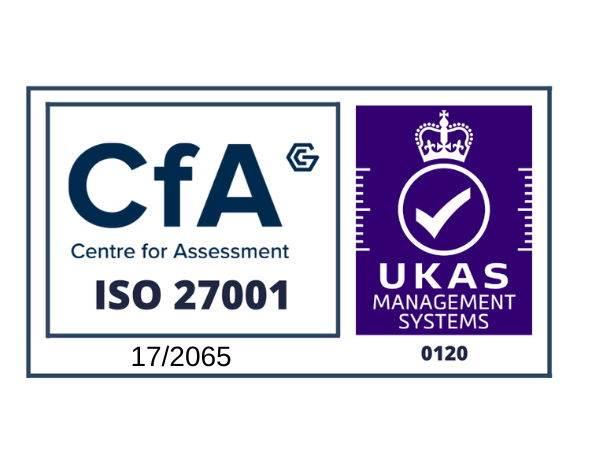In September I had an interesting morning at Criminal Justice Management 2015. Natalie Ceeney CEO HM Courts and Tribunals service gave a great overview on where the electronic court is going. She started by noting that whilst she hears lots of complaints, very rarely are they about unfairness or impartiality, and we are blessed to have such a system – it is not common worldwide. What I hadn’t realised is how often video links are now used in court, read on to find out if this is a good thing!
HM Courts & Tribunals service – vision
Natalie gave lots of examples of where the current system fails, like:
- Police officers have to give up 1/2 day to speak for 10 mins
- Prisoners have to be transported half way across the country for a 5 minute bail hearing.
- People can wait years for a case to come to trial.
Changes are happening fast. Wifi and screens are now widespread, but her message was that we need to rethink the whole model.
Here Natalie introduced 3 ‘big ideas’
1- Build the system around the end users, witnesses, defendant etc. More plain English forms and process. More efficient for international companies, so we can compete with the growing threat from Germany and Singapore.
2- System needs to be easy. Mostly this seemed to be about using video instead of driving people hearings. Keep the court for trials and complex hearings. It should be as easy to submit a probate return as a tax return
3 – Proportionality. We don’t need a full court for a traffic offence.
Theres was an emphasis on making sure the system remains open, fair and transparent. Justice needs to be done, and be seen to be done.
Recent HMCTS achievements include: Wifi in all criminal courts. Video sharing is in all magistrates courts (or will be by Christmas). Updated video links between 64 crown and magistrates courts and police stations. 45% of hearings that can be done by video are now done by video. In total £375m is being spent over the next 5 years.
Is video really a panacea?
The most obvious ‘win’ seemed to be the introduction of video links, and on first glance to an outsider they seem like a no brainer. No driving around the country for short hearings, faster courts, better evidence from otherwise intimated witnesses, reduced prisoner escape risks – what’s not to like?!
However during Q&A a barrister raised a great point. Yes, it may take all day to get a suspect to a 5 minute hearing. But that five minutes could dictate the course of the next 10 years for that person. Will they receive as good advice from a brief who is on the end of a video link, no matter how good that link is?
This is an important question, those of us used to video calls know well that they can be great tool, but video calls tend to work best after a face to face meeting. We’re more likely to be frank and open when discussing sensitive issues with someone in the same room. It turns out this is a common argument against digital courts (1). Critics argue that important interactions defendants have in physical courtroom settings, and conversations with their legal advisors are missing. And when some defendants are sent to prison without ever having seen their lawyer in person, this is incredibly important. (There’s also the question of video link security, I haven’t seem any information into this).
Apparently in Goa they hear all hearings on video – which sounds great, but is the justice as good?
References
(1) Ward, J. (2015) Transforming ‘Summary Justice’ through Police-led Prosecution and ‘Virtual Courts’ – Is ‘Procedural Due Process’ Being Undermined? British Journal of Criminology, 55, 2, 341- 358. In a great paper Ward concludes ‘We may be creating a lower court system that is beginning to look like one with a diminishing human face and one where notions of enhanced police powers is not an inaccurate description.”
(2) Terry, M., Johnson, S. and Thompson, P. (2010) Virtual Court Pilot: Outcome Evaluation. Ministry of Justice Research Series






